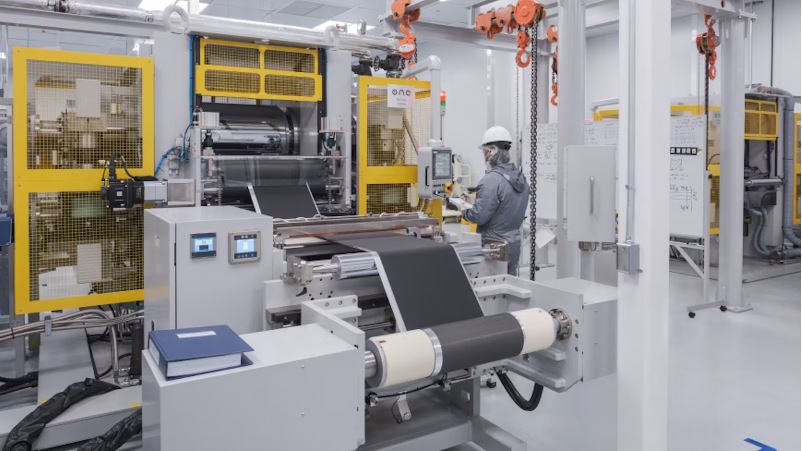Michigan-based EV battery startup Our Next Energy (ONE) has cut its workforce by around 25% (128 employees) as it struggles with high borrowing costs and an uncertain economy. The company cited “market conditions” as the reason for laying off the employees. It also stated that the downsizing is a result of transitioning from research and development to scaling production as it will continue to focus on establishing its gigafactory in Michigan. The company will also continue developing a North American supply chain for batteries.
The gigafcatory will see an investment of USD 1.6 billion, supported by more than USD 200 million in state incentives. It is expected to employ more than 2,000 people. By the end of 2027, the plant is expected to be operating at full capacity, building enough cells to assemble 200,000 EV battery packs annually. “While decisions that impact our colleagues are always difficult, these actions position ONE for future growth and delivering on its mission,” the company told local media.
The layoffs come just a week after the company partnered with GE Verona on various battery modules for its solar and storage business projects in the United States. The battery startup has also unveiled a new anode-free battery pack which it had designed last year to slash battery costs by as much as 50% while improving the driving range by up to 600 miles (965 km).
The company which was founded by former Apple executive Mujeeb Ijaz, had raised $300 million in a Series B funding in February, which valued the company at USD 1.2 billion. The funding was led by Fifth Wall and Franklin Templeton. The Oman Investment Authority (OIA) also reportedly invested in ONE in September. Earlier this month, the company launched a pilot production of lithium iron phosphate batteries at the new plant in Van Buren Township with plans to supply battery cells for customers in the commercial truck, automotive and utility grid sectors.





